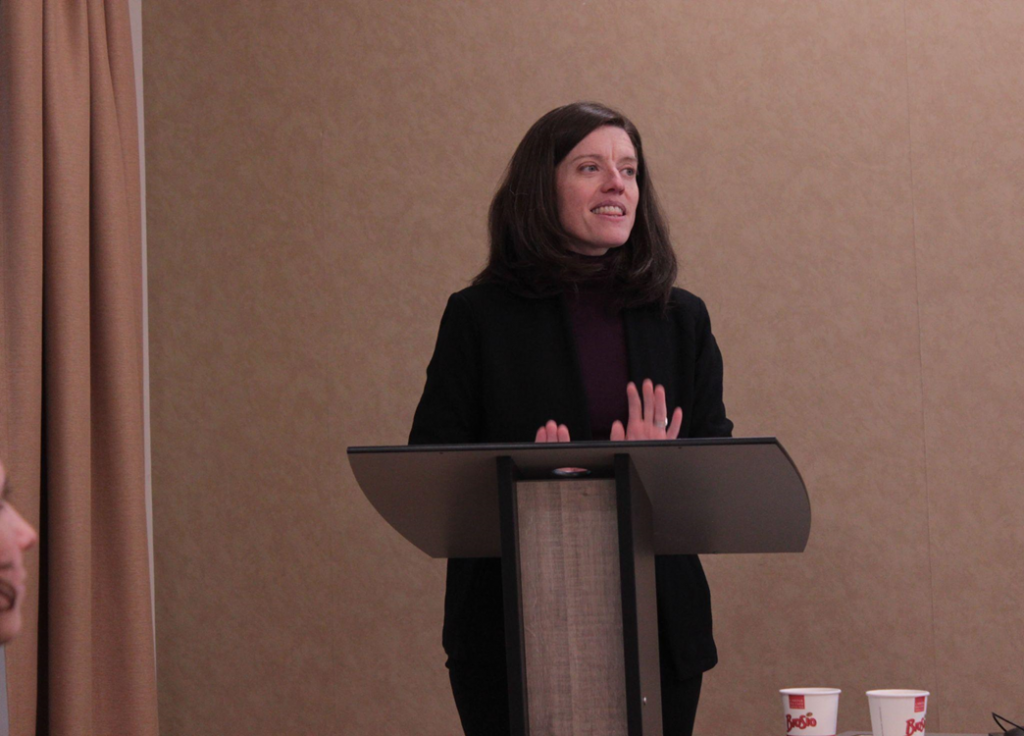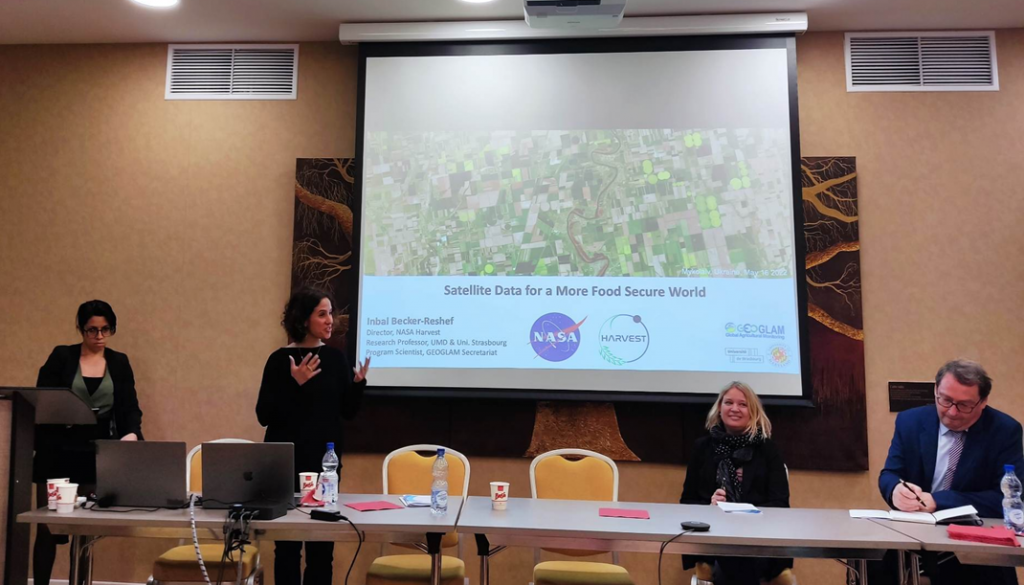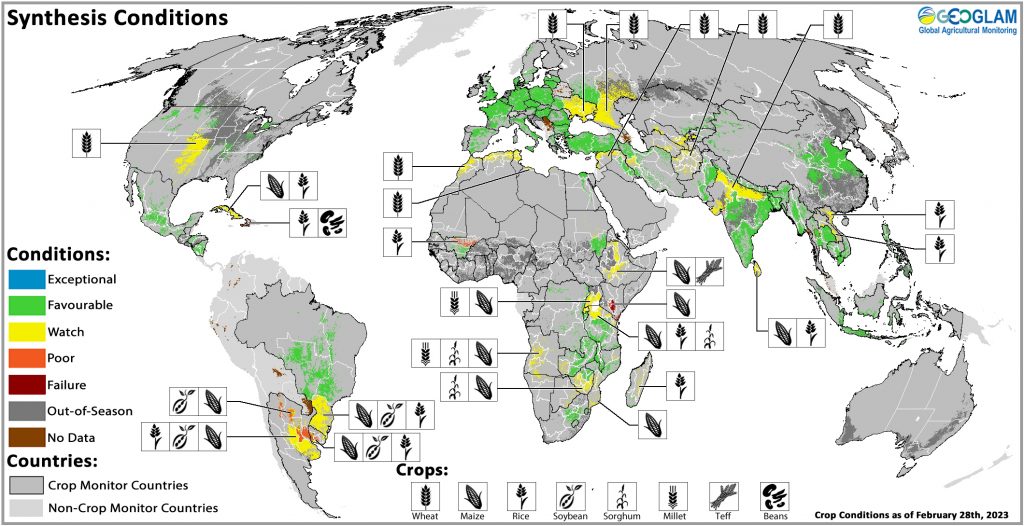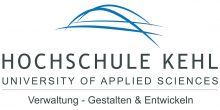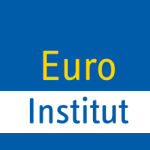Within the activities of the Jean Monnet Center and the Chair « European Narratives of the Border » of Jean Monnet Law, the first edition of Castle Talks 2023 was held on March 1 and 2, 2023. Split between the Hochschule de Kehl and the Château de Pourtalès, it brought together seventy researchers, students and entrepreneurs. The conferences were numerous and the exchanges varied: cross-border health, Euroscepticism, cartopology or NASA programs and Catalan regionalism. Cet article est également disponible dans la langue de Marie Curie ici ! The Consulate General of the United States in Strasbourg is one of the partners of the Jean Monnet Center of Excellence in Strasbourg and participated in the organization of the Castle Talks. The second day of the event was therefore closed with an intervention by the Consul General and a NASA conference. «It’s always a pleasure to get to the Castle Talks» Darragh Paradiso The US Consul General Darragh Paradiso recalled her attachment to the Castle talks and greeted the professors and students attending the conference: « It is always a pleasure to go to the Castle Talks […] I am honored to see you here”. Announcing the conference, she expressed her concern that long-term issues are overlooked too often ; including world hunger and the agriculture of tomorrow. Therefore, NASA’s work in these domains is particularly important. Following the speech of the Consul General, Dr. Inbal Becker-Reshef of NASA detailed NASA’s actions to reduce food insecurity around the world. The conference as well as the discussions that followed with the public were moderated by Birte Wassenberg and Joachim Beck. Food insecurity remains one of the most important challenges of the 21st century, reinforced by the covid pandemic. While it affected 135 million people in 2019, it has spread to 349 million people in 79 countries in 2022. Several factors are at work: Knowing that the UN’s Sustainable Development Goal 2 and the end of world hunger, NASA has developed a satellite monitoring program for global agriculture: the NASA Food Security and Agriculture Program. From the data collected, the program can monitor the evolution of productivity and agricultural production, deforestation or even floods. The data collected has thus made it possible to better measure the extent of droughts in North and East Africa (summer 2022) as well as floods in Pakistan (August 2022). Moreover, this data is made public and accessible to all on various websites: Thus, governments, companies and the curious can freely consult this data. This is particularly the case in Uganda, which has strengthened its agricultural policies by using satellite data to adapt to changing climatic conditions. These new data facilitate state agricultural planning, better adaptation to climate variations and better forecasts for the performance of agricultural financial products. Satellites are constantly being improved and they make it possible to monitor ever larger areas and in an ever more precise way. For example, NASA has published maps showing the evolution of agricultural land between 2000 and 2019 and can now recognize a wide variety of plantations (wheat fields, rice fields, rapeseed fields, etc.). The program is currently particularly useful for monitoring the Ukrainian situation because this region concentrates agricultural imports from many countries; Lebanon and Moldova, for example, import 80% of their wheat from Ukraine. The war raised fears of a severe food crisis, which is why NASA investigated the subject with the Institute for the Study of War. From satellite data, NASA was able to conclude that Russia controls 22% of Ukrainian fields, costing Ukraine nearly $1 billion. However, the majority of crops have been replanted in the occupied zone (90%) and in the free zone (+90%). Thus, it is essentially the front area that could not be replanted, penalizing in particular the production of sunflowers (Ukraine produces 40% of the sunflowers in the world). In addition, NASA was able to note that the fields were harvested at 88% in the occupied zone and 96% in the free zone. After a discussion around the presentation with the public, the day ended with a moment of conviviality.
Home » Actualités du centre » Webinar of the Jean Monnet Center of excellence in cooperation with the US consulate: Borders and food/water security



